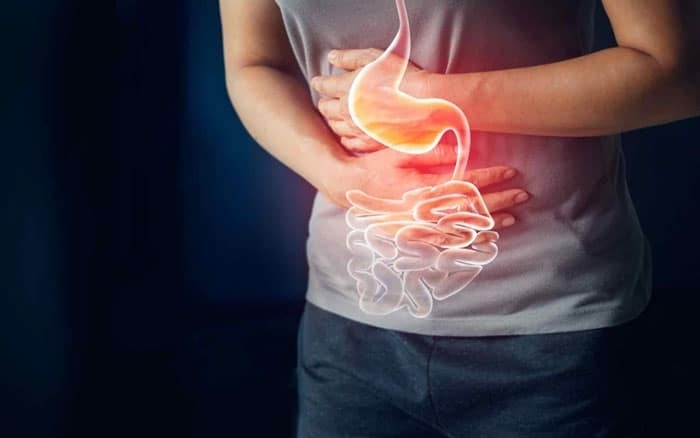On World Digestive Health Day, a specialist provides details of the disease, explaining its causes and how to avoid it
Gastritis is an inflammation of the stomach walls that is accompanied by abdominal pain, a feeling of fullness after meals, and changes in appetite and weight.
According to the World Health Organization (WHO), the bacterium H. pylori, which causes disease, infects 50% of people worldwide. In Brazil, the number is higher, and the Brazilian Federation of Gastroenterology (FBG) estimates it is present in about 70% of the population.
This Sunday, May 29th, is World Digestive Health Day, and gastritis is one of the most important events in history. Gastroenterologist Renan Marangoni, who works at the Clinical Center of the Orion Complex in Goiania, explains that the disease can be caused by several factors.
“The use of medications, alcohol, caffeine, narcotics and even physical or emotional stress, in addition to dietary factors or smoking. There are also infectious causes, among which the H. pylori bacteria are becoming better known, which are stomach-specific bacteria associated with the formation of ulcers.”
The doctor explains that the most common symptoms are pain in the epigastric region (stomach pit), burning sensation, acidity, nausea (nausea) and even vomiting, as well as a constant feeling of fullness (fullness of the stomach). However, confusion is common.
Symptoms can be confused with other diseases of the digestive system, such as GERD or even gallstones, as the area shares the same nerves that cause symptoms in a similar way. There are still cases when chest pain and even heart pain (infarction and angina pectoris) can be confused with the pain of gastritis.
Species
Gastritis is classified according to the duration and the most common causative agent, and can be acute, neurological, alkaline, chronic, vascular and eosinophilic. “It can be acute, and related to a condition that starts quickly and causes symptoms, or chronic, when it develops over time. It can be caused by medications, alcohol or other substances ingested, known as functional gastritis, or it can be secondary to stress and emotional factors.” , As the specialist emphasizes about the main factors.
Renan Marangoni notes that susceptibility to gastritis is usually related to eating and living habits. You can avoid illness by following healthy habits, consuming properly sterilized raw vegetables and foods and paying close attention to the water consumed, so that it is not contaminated. Excessive consumption of caffeine, carbonated drinks, carbonated drinks, industrial foods in general, and spices should also be avoided.
He stated that gastritis is treatable in many cases, but it is a disease that can come back, and he explains how people can treat it. “Therapies are applied depending on the cause of the disease. For example, in gastritis caused by H. pylori, there is antibiotic therapy, or in those related to medicines, the use of the medicines that caused the disease should be discontinued and other medicines to treat the stomach should be indicated,” details Gastroenterologist Orion Specialties.
WHATSAPP – Subscribe to the Camaquã portal newsgroup and get new information every day. To join the group automatically, Click on this link.
TELEGRAM – Subscribe to the Camaquã portal newsgroup and get new information every day. To join the group automatically, Click on this link.
INSTAGRAM – Subscribe to the Camaquã portal channel and follow the news in real time. To follow the Camaquã بوابة portal Click on this link

“Writer. Analyst. Avid travel maven. Devoted twitter guru. Unapologetic pop culture expert. General zombie enthusiast.”

